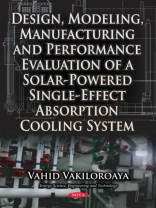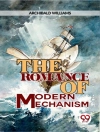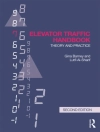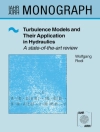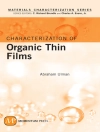Dr Vahid Vakiloroaya is a mechanical engineer with fourteen years of research experience in the engineering discipline. He received his Ph D in mechanical engineering from University of Technology, Sydney. He is currently a research fellow at Western Sydney University and the Director of two engineering companies. Vahid has published extensively in several prestigious journals and has authored a number of international conference papers. He has also published 11 engineering books and a book chapter that focus on heating, ventilation and air conditioning (HVAC) system design and implementation. Prompted by his practical research and development achievements, Vahid was recently selected as top 50 most innovative engineers in Australia by Engineers Australia. He also received the Sir George Julius Medal from Engineers Australia. He won the Excellence in HVAC and Refrigeration Research Award by AIRAH; and was selected as the Green Hero at UTS due to his work on HVAC energy efficiency. Conventional HVAC systems rely heavily on energy generated from fossil fuels, which are being rapidly depleted. This – together with a growing demand for cost-effective infrastructure and appliances – has necessitated new installations and major retrofits in occupied buildings to achieve energy efficiency and environmental sustainability. As such, the development of clean energy air conditioning units remains an urgent engineering challenge. Solar HVAC systems, which convert thermal energy into cool air, are known to be an efficient source of heating and cooling. Unlike traditional HVAC systems, solar air conditioning units produce maximum cooling capacity when the sun is fierce; that is, they are most efficient during the hottest part of the day, in stark contrast to traditional air conditioning units, which are less effective as temperatures increase.This book represents a synergetic framework of system identification, design, development and performance evaluation for a newly-configured air conditioning system to target energy efficiency and environmental sustainability in buildings. In this study, we have originally designed and developed a single-effect lithium bromide (Li Br)-water absorption air-conditioning system, in which hot water is fully supplied by vacuum solar collectors without using any other energy sources such as gas or electricity. The water-cooled condenser of the chiller is supported by a cross-flow cooling tower. In this system, by using water as the working fluid (refrigerant), one can avoid the use of ozone-depletion chlorofluorocarbons and hydro chlorofluorocarbons. Thermodynamic and heat transfer models for absorption chiller components are described in detail. Using these models, a computer simulation software named ABSYS is developed to design the absorption chiller and drive its optimum operating conditions.Thermodynamic design data for single-effect absorption chillers are presented together with the possible combinations of the operating temperatures and the corresponding concentrations in the absorber and generator. The effect of various operating conditions on the performance and output of the absorption refrigeration system are then evaluated. Another computer code is developed by using TRNSYS to evaluate the transient performance of the entire system. Several field tests are carried out to demonstrate the technical feasibility of the system. The utilisation of the solar energy as the heat input to the generator of the absorption chiller is reported. This proposed design can be helpful to accelerate a global clean society to achieve its sustainable targets.Target Audience:Mechanical engineers, Building service engineers, Researchers and Students, HVAC manufacturers.
Vahid Vakiloroaya
Design, Modeling, Manufacturing and Performance Evaluation of Solar-Powered Single-Effect Absorption Cooling System [PDF ebook]
Design, Modeling, Manufacturing and Performance Evaluation of Solar-Powered Single-Effect Absorption Cooling System [PDF ebook]
Buy this ebook and get 1 more FREE!
Format PDF ● Pages 265 ● ISBN 9781536118704 ● Editor Vahid Vakiloroaya ● Publisher Nova Science Publishers ● Published 2017 ● Downloadable 3 times ● Currency EUR ● ID 7217074 ● Copy protection Adobe DRM
Requires a DRM capable ebook reader
